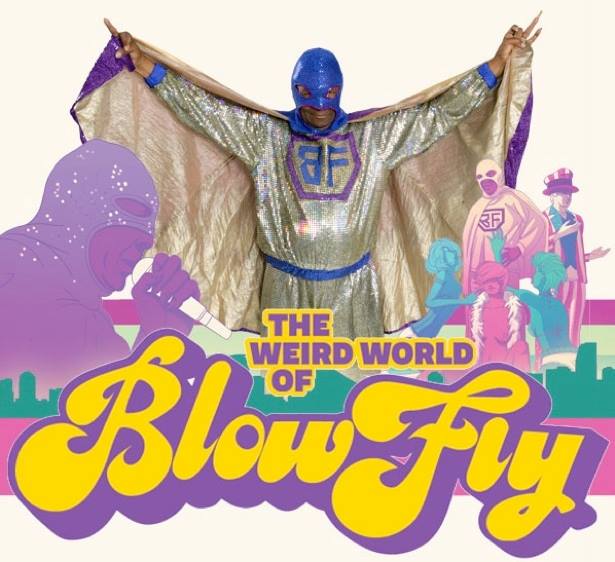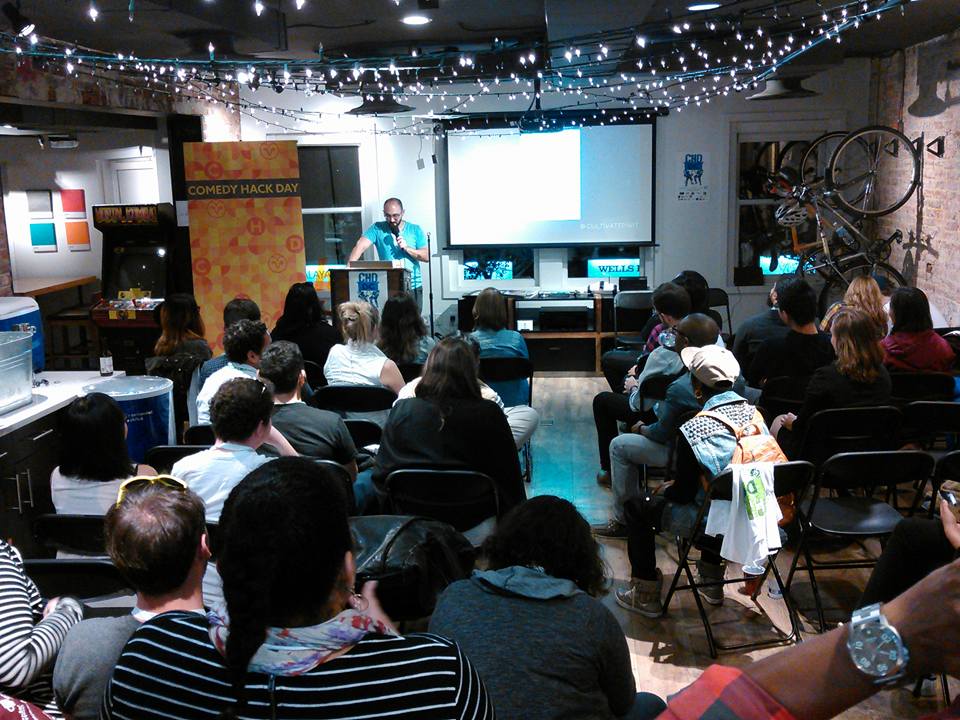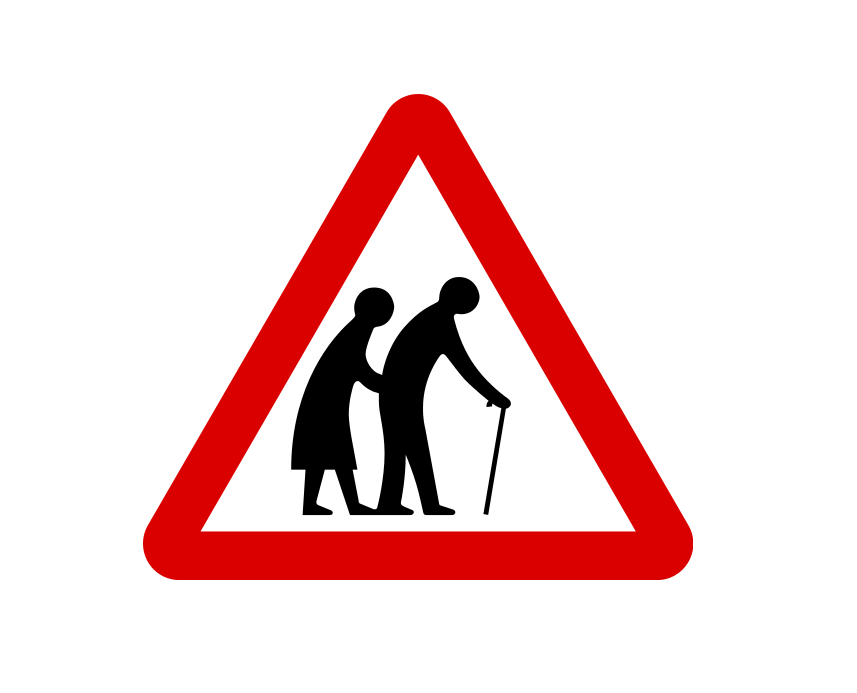
Have you ever had problems with a writing project? Maybe your goal is to publish a book, write a screenplay, or submit a sitcom pilot to your favorite competition? Comedians wear many hats and we work on a variety of projects simultaneously. The biggest problem I encountered as a comedy writer was not having enough time to write. Or so I thought. I discovered How to be a Writer Who Writes: Strategies and Tactics To Start and Finish Your Book Or Script written by Greg Miller while reading a comedy-based group on LinkedIn. The title only scratches the surface. The gem provides much more than just writing. The target audience is people who want to learn how to complete what they started. Using his talents as a producer, teacher, and writing coach, Greg wrote a book for people determined to manage their writing projects without fear.
Greg’s background in the arts world is pretty extensive. He is the co-creator and founding producer of Un-Cabaret, a popular alternative stand-up comedy show in LA. He is also the co-director and founder of The Comedian’s Way, a writing & performance workshop that he leads with Beth Lapides. Together with Beth, he created, programmed and produced “The Other Network,” a floating festival of unaired TV pilots ever made. Instead of using a traditional printing company, Greg decided to take the self-publishing route. “It was a lot of work to self publish” he commented, “But I didn’t have to go through the book proposal process.”
How to be a Writer Who Writes defines projects into one of five categories:
- Gathering
- Planning
- Rough Draft
- Revising
- Releasing
With each category, he provides an understanding of why each step is important. More importantly, he explains how to stop procrastinating at each stage. If you are performing researching for a project (the gathering stage), set a limit on how much time will be allowed for that activity. If you surf the web too long, read too many articles or books, or make too many phone calls, you are not gaining progress on your project. Once you hit the planning stage, Greg becomes your virtual coach to help you get your project off the ground.
There are many writers (including myself) who struggle with their first drafts. “I’m a big fan of the rough draft,” he said. “Get it out. Get through the rough draft as fast as you can. Slop it out! Hard and bad! Even if it’s crappy, you have gone through the writing process and you have made ‘a thing’. The more things you make, the more you feel like a writer…and the more of a writer you will become.”
 Here are some reasons why I fell in love with this book:
Here are some reasons why I fell in love with this book:
1. Greg knows exactly what it takes to get you past your writing hump. He can’t actually do the writing for you, but these suggestions are bound to keep you motivated as you continue to develop your ideas.
2. His style of writing is very humorous. I was not expecting to laugh as much as I did while reading it.
3. Multitasking sometimes keeps our work cluttered. Greg discusses how to set priorities based on what is important to you. “A lot of the time you’re doing more than one thing on a project. You are re-outlining and re-drafting it at the same time. There are different kinds of writing that are more effective at different phases of a project.”
There are so many great ideas in this book (working with a writing buddy, getting feedback from readers, etc.) that it’s impossible to discuss all of them. The material is applicable to everyone who is a writer in any profession. Here are some of my favorite quotes from my interview with Greg:
Building Stories:
“It’s not about making more stories, it’s about becoming clearer about the story you want to tell, and then finding the vehicles to tell it.”
Pitching Ideas:
“Learning to pitch is really helpful, especially if you are writing for TV or film. You have to get good at telling the story in a concise way, and that is good for the writing process. You have to articulate what the story is about, how it goes, and what’s most important. If you can tell the story in 5-10 minutes, you’re in good shape.
Multitasking:
“When you get distracted by something else, you should step away from the ‘A’ project. When you come back to it, you might have a better perspective. The downside is you may feel scattered and overwhelmed because there are a lot of things competing for your attention. You have to know that. Ask yourself “Is there something I can get rid of right now?”“
This book taught me that you can build confidence in writing by starting to create a body of work. To learn more about Greg or to purchase his book, you can visit him on his website www.othernetwork.com.
Keep writing!
© 2013 Wayne Manigo




















